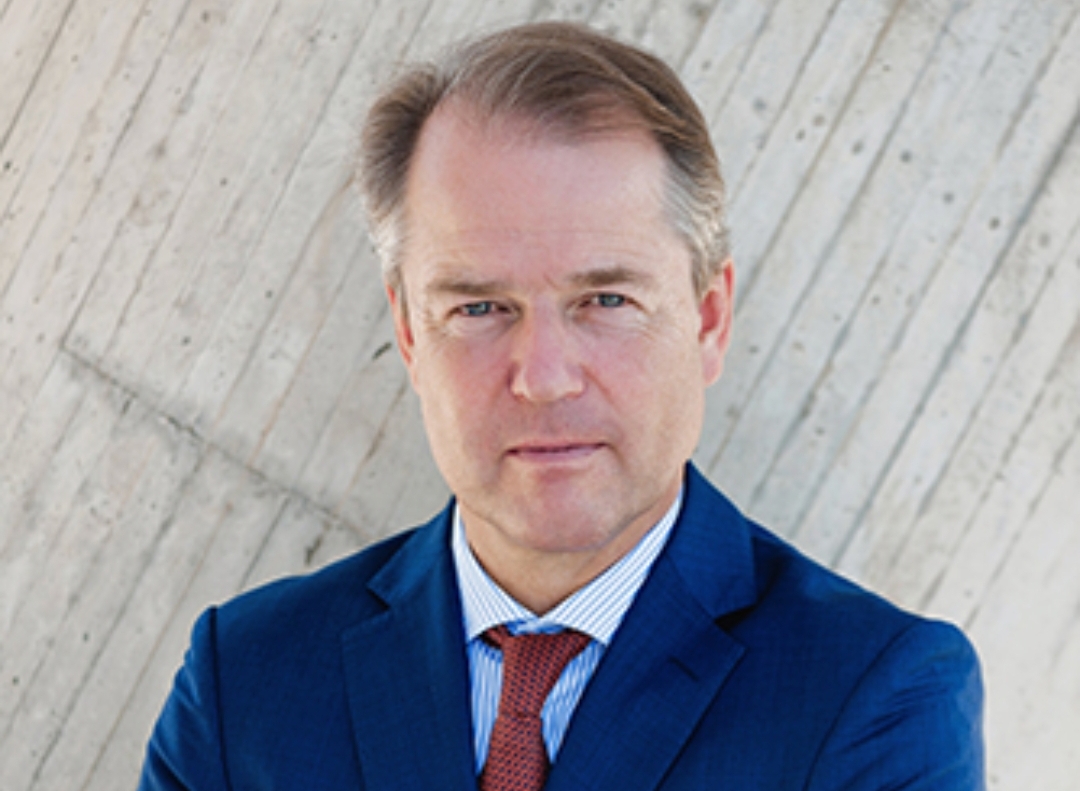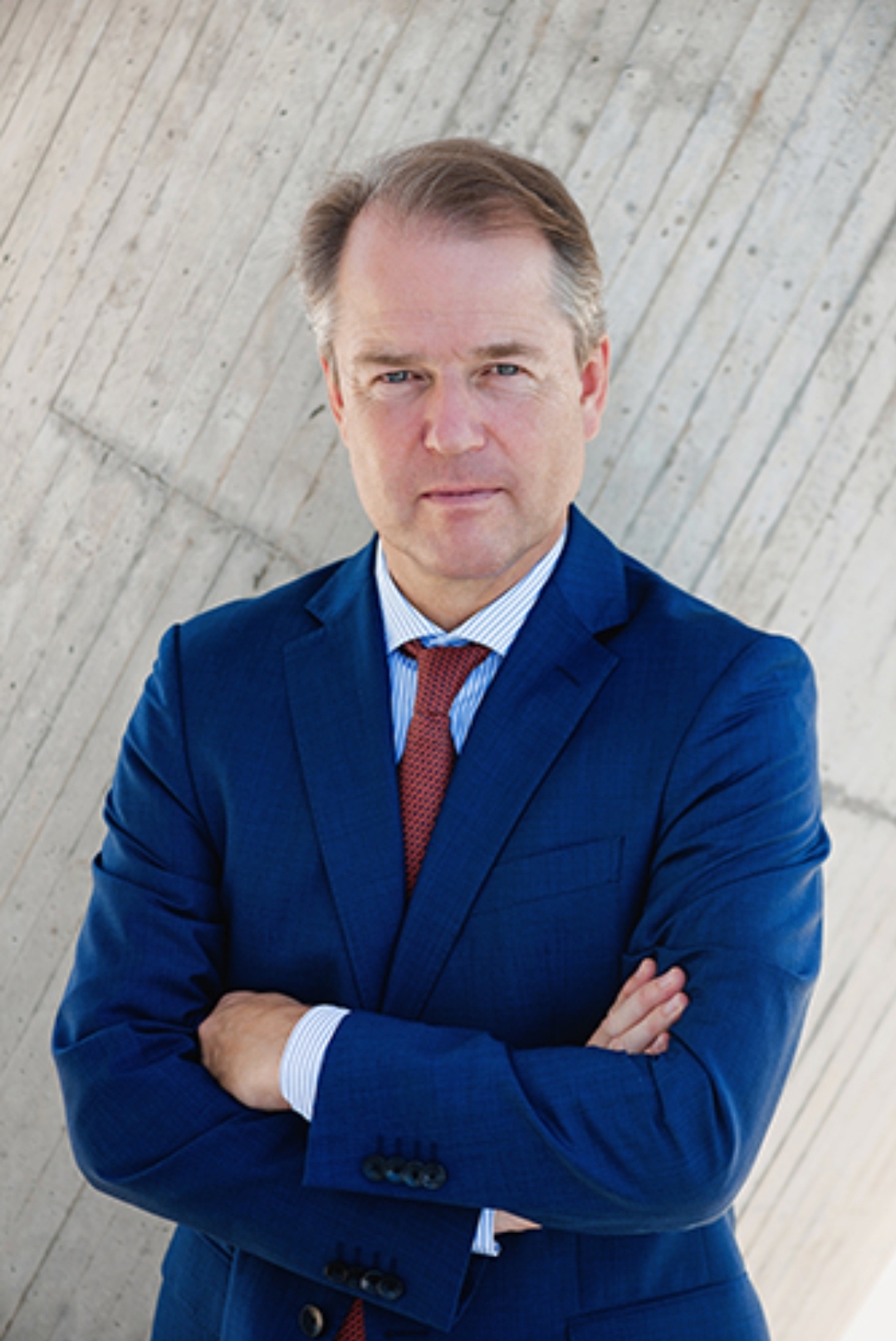
In the latest instalment of International Airport Review’s exclusive CEO series, Dr. Constantin von Alvensleben, Chief Executive Officer of Tirana International Airport, offers a positive perspective on the current crisis with a strong belief that aviation can recover and prosper.
How did your career in the aviation industry begin? It was a bit by chance: In 1992, after graduating in law in Germany, I was recruited by an international law firm – Wilmer, Cutler – for their office in London to work on airline matters, as well as airport development matters. I spent four exciting years with this firm – first, in London, focusing on transactional matters, and then in Wilmer’s Brussels office, focusing on European Union (EU) law matters related to aviation. During this time I learnt a lot about the regulatory framework for civil aviation.
In 1996, I moved on to the German engineering group – Hochtief – to work in their airport division, known as Hochtief AirPort. Hochtief AirPort had just won the concession for Athens International Airport (ATH), and I was involved in all of Hochtief’s airport projects, including Dusseldorf, Hamburg, Sydney, Tirana and Budapest. I spent 16 years at Hochtief and my time there has really given me the breadth of experience I needed to work in aviation.
As part of my time at Hochtief, I was based at Tirana International Airport (TIA) as CEO for the first time during 2006 and 2007. This meant that I was present for the construction and commissioning of the new terminal building; one of the most rewarding periods of my career.
What is the most rewarding aspect of being an airport CEO? On the other hand, what is most difficult? As an airport CEO, you have the overall responsibility for everything, so you face numerous challenges. You can only cope with sufficient and competent support. Therefore, the HR component is immensely important, but so is the need for good co-executives, and a close cooperation with the board of the airport company.
You also need to be familiar with, and act responsibly for, the country which you are serving – because, in the end, you are in the service of a state; you are managing public infrastructure. An airport has to deliver, has to function reliably and has to provide fair and equal treatment for all users. If you ask me what the most important principle of the International Civil Aviation Organization (ICAO) is, then it is this principle of fair and equal treatment for all.
Can you give us an overview of the three most exciting developments currently happening at your airport? To start with our most pressing problem, we need to restart the flying business as soon as possible – temporarily suspended because of the lockdown due to COVID-19 in March 2020. We are at one to two per cent of our usual traffic and we are collecting barely any revenue. Currently, it is a fight for survival. However, there is hope, since the first scheduled passenger services are expected from 15 June 2020. I believe traffic will step up thereafter, although it will take time to get back to the old volumes. In 2019, we had 3.33 million passengers. Currently, we think that we will be back at this level by 2022/2023.
Further developments at Tirana International Airport are the refurbishment of important parts of our taxiway system, as well as of the runway. This will occur during 2020 and 2021.
Finally, we have re-tendered our commercial concessions – the food and beverage outlets and retail spaces. While we have received good offers, the lockdown and low expected traffic level for the second half of 2020 makes negotiations with tenants harder these days.
At this moment in time, what do you see as the biggest disruptor to the aviation industry? I think it is the anxiety and apprehension of many actors after the shock of COVID-19: Passengers may be reluctant to travel, even after the flight bans are lifted, because they are worried for their health or unpleasant restrictions. The airlines may want to reduce risk and, therefore, only slowly provide capacity to the market. I think that all this is counterproductive. The moment the flight bans are lifted, market shares will be re-allocated. The fastest and boldest, I am convinced, will take the biggest share. I believe the old hacking order of airlines may change completely depending on how fast or how slow the different players will act now. It will be exciting to watch this!
In your opinion, how does the aviation industry need to adapt to secure its place in the future? For the foreseeable future, all players – airlines, airports and passengers – will have to diligently follow stringent health protocols because health and safety are indispensable and cannot be compromised. I can see that the European Union Aviation Safety Agency (EASA), the International Air Transport Association (IATA), Airports Council International (ACI) Europe and national authorities – such as the Albanian authorities – are working closely and constructively together, and the actual doers in the business (airports, airlines and passengers) are observing the applicable rules well.
However, the measures also raise capacity issues because physical distancing rules require more terminal space. With traffic picking up, the airports will have to manage their terminal space very efficiently.
However, I am not worried for the place of aviation in our world. I am more than ever convinced that we have the power, competence and courage to adapt to the health challenge, but also to other prominent challenges, such as to CO2 reduction goals. The demand is there and it will grow again. We shall be prepared to meet it.
What does the future of the aviation industry look like to you? It looks bright to me! We will get back to old levels and beyond. There is a time after COVID-19. In particular, after we have found the right medication against COVID-19 and, in particular, after we have found a vaccine.

Constantin von Alvensleben





